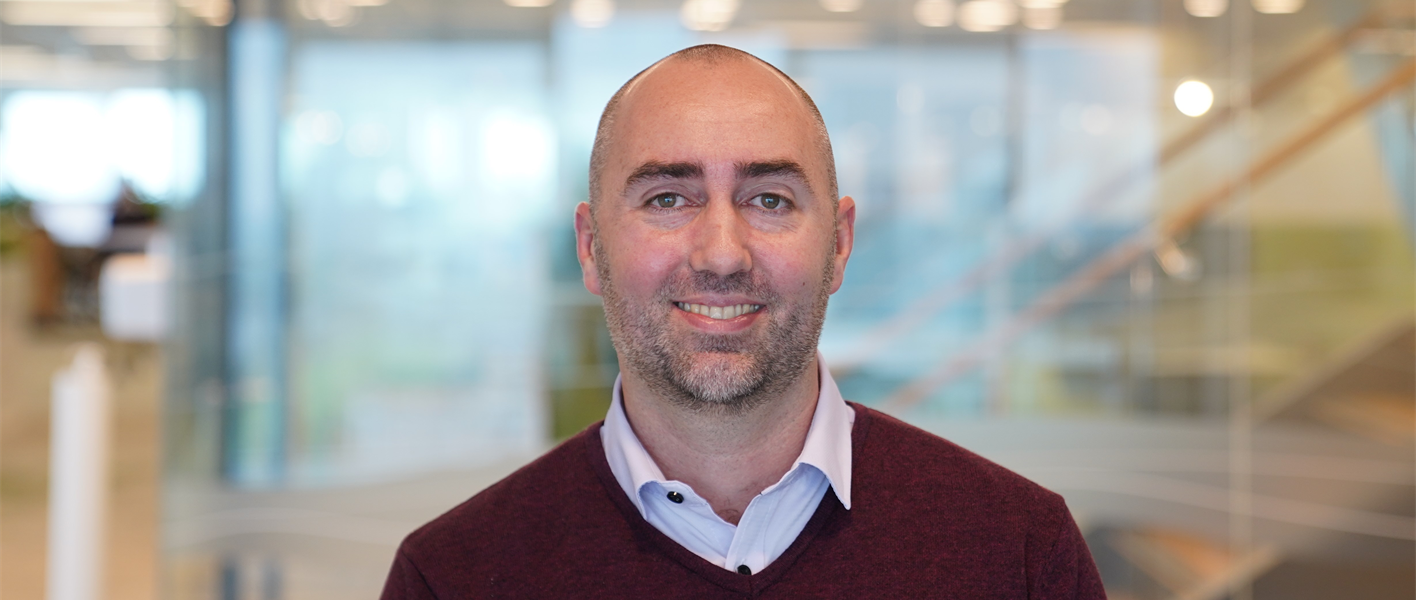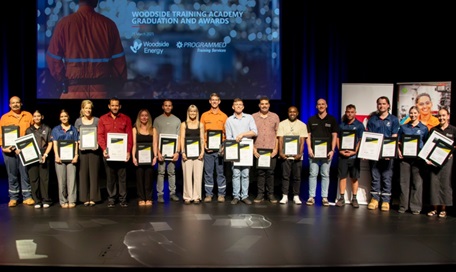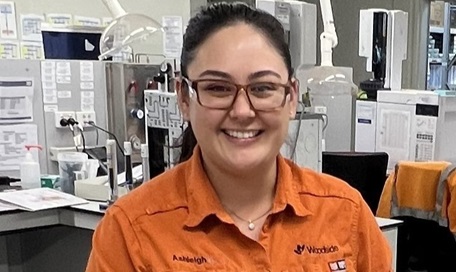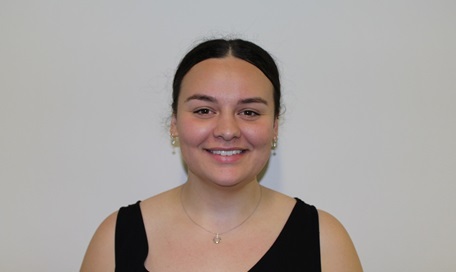Meet a Graduate Subsea Engineer
Meet Andrew, a Graduate Subsea Engineer at Woodside.
A career at Woodside can take you in many different directions. We asked some of our graduates to share their story.

About Andrew
Role: Graduate Subsea Engineer
University: Curtin University
Degree: Bachelor of Engineering (Chemical)
What I do
As a Graduate Subsea Engineer, I am responsible for maintaining readiness to respond to subsea interventions relating to our FPSO’s. This involves mobilsation of equipment for offshore campaigns and organising and implementing maintenance on capital spares, tooling and test equipment required to complete offshore subsea scopes.
My Woodside journey
My pathway to Woodside was through the Summer Vacation Program (SVP). This opportunity was made apparent by my involvement with SPE (Society of Petroleum Engineers) Curtin division.
I highly encourage students to get involved with industry-related student clubs, as they provide direct contact with potential employers which gives you insight into the work, culture and roles that are available to you.
Day in the life
I’m in my first year in the subsea and pipeline function in a team called “life of field”.
Life of field is an operations-based role, which requires you to be able to identify priorities based on risk and to be adaptable to a very dynamic situation.
People will view events or situations with different levels of risk, so communicating what you consider a priority and communicating with stakeholders if associated work will be delayed is critical. Communication is key!
Each day I identify the top three to five things that I think present the most value and make a plan to close them out. This usually involves finding who the relevant parties are, collecting the available information, agreeing on a course of action and then executing the job.
Due to the nature of operations, other priorities can be identified which require immediate attention. This is where flexibility and adaptability come in, as you may quickly need to change direction to mitigate any emergent risk.
What I love the most is that I am always on my toes.
My top three tips
If I had to impart three pieces of advice to students it would be:
- Get involved in industry-aligned clubs will give you the opportunity to meet and talk with company representatives from different employers – this can give you an excellent sense on the opportunities available to you.
- Grades matter, but they aren’t everything. Do well, but make sure to develop work experience and soft skills (communication, leadership) as well.
- Be open-minded. When I started studying chemical engineering my goal was to get a placement in a processing plant. By being open-minded I was able to identify the opportunity of working in subsea – something I didn’t know I didn’t know – and was able to find a position that is incredibly interesting and fulfilling.



